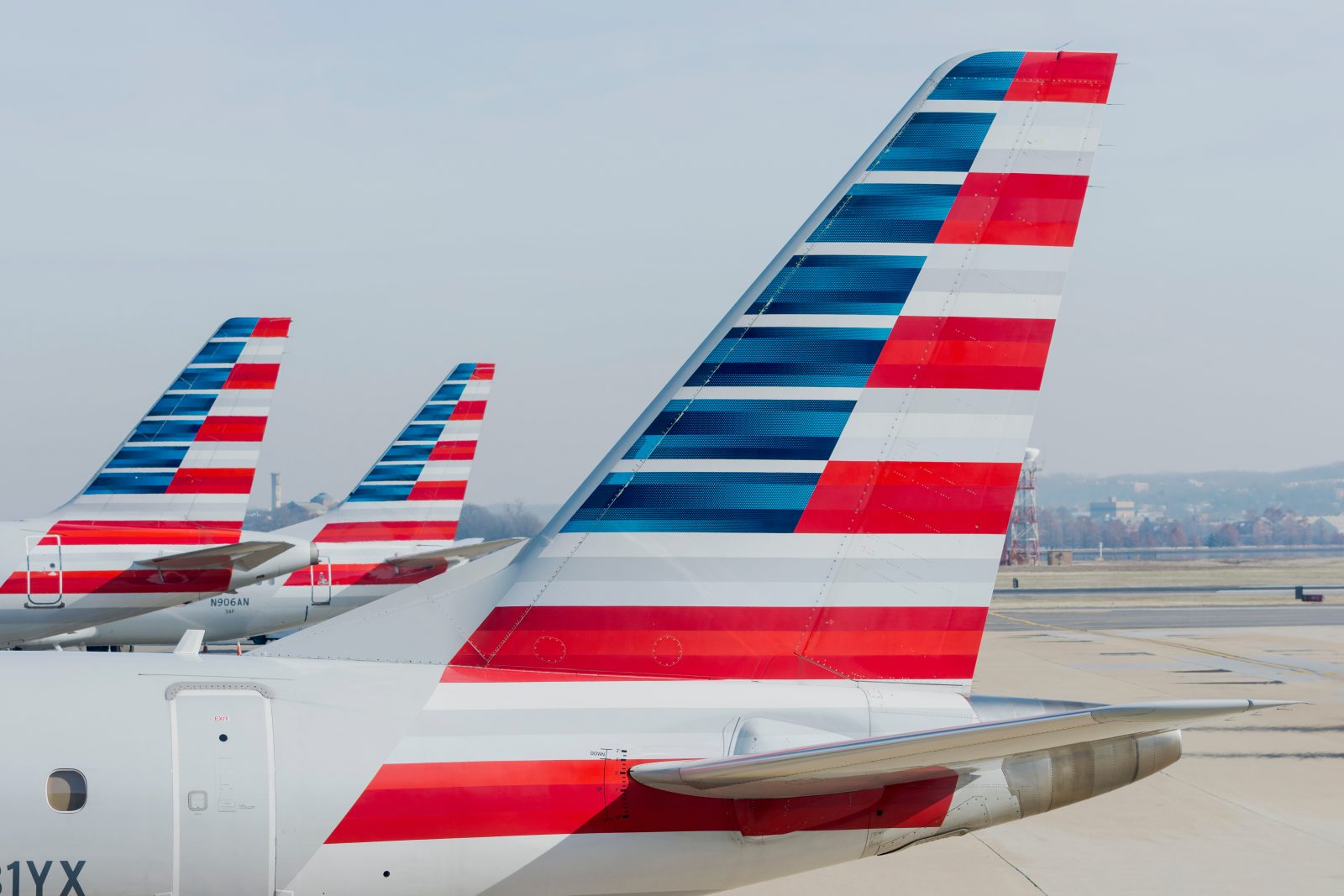
Pilots around the world have expressed concern that the ‘Just Culture’ that has helped make aviation the safest form of transport is at risk of being eroded after the National Transport Safety Board (NTSB) managed to obtain subpoenas to force the pilots of an American Airlines plane involved in a near miss to provide testimony on tape.
The Allied Pilots Association (APA), which represents flight crew at American Airlines, has objected to having accident investigation interviews electronically recorded because the union argues the fact-finding process could be hindered by pilots giving “less candid” answers for fear that what they say could be used against them in the future.
Many aviation regulators around the world have concluded that the overall safety of the industry is dramatically improved when pilots feel comfortable in reporting safety-related matters, so the ‘Just Culture‘ was developed to encourage pilots and other airline workers to freely share safely related information.
The so-called Just Culture relies on pilots feeling like they are being treated fairly. The culture also accepts that accidents do happen and that people shouldn’t be punished for “actions, omissions or decisions taken by them that are commensurate with their experience and training.”
Don’t be mistaken, however. The Just Culture isn’t a ‘get out of jail free card’. In cases of gross negligence or wilful violations of rules, pilots can face punishment.
But the ‘adversarial’ decision by the NTSB to subpoena the pilots of an American Airlines operated Boeing 777, which entered an active runway in front of a Delta Air jet that was taking off, could risk this ‘Just Culture’, pilots have claimed.
Following the January 13 near-miss, the NTSB says it attempted to interview the pilots of the American Airlines flight on three separate occasions, but the pilots have so far refused to cooperate.
The NTSB argues that electronically recorded interviews are essential to obtain the “highest degree of accuracy”, but the decision has riled the pilots union and individual aviators and has set the two sides on a collision course.
The APA wants the NTSB to rely on long-established interview processes, including note-taking and a stenographic record. The union may seem like it is stuck in the past but by refusing to reach a compromise, the NTSB may now be viewed with suspicion and mistrust.
As a result, pilots may be less willing to provide evidence or testimony in future investigations.
The APA has called on the NTSB to rethink their stance. “Implementing changes to established practices, especially those with a demonstrated history of success, in a way that discourages otherwise cooperative witnesses from participating in the fact-finding process is antithetical to the purpose and goal of the NTSB,” the union said on Friday.
“We are confident that an acceptable solution to this issue exists that would satisfy the needs and concerns of all parties involved in these investigatory interviews,” the statement continued.
Mateusz Maszczynski honed his skills as an international flight attendant at the most prominent airline in the Middle East and has been flying ever since... most recently for a well known European airline. Matt is passionate about the aviation industry and has become an expert in passenger experience and human-centric stories. Always keeping an ear close to the ground, Matt's industry insights, analysis and news coverage is frequently relied upon by some of the biggest names in journalism.








Still haven’t read an explanation of how verbal transcripts are more invasive than that of a court reporter transcription. Can the claim that atc communications are protected and privileged be far behind?
Yes, NTSB should have let FAA handle the nastiness. A revocation of a medical cert based on mental instability as witnessed by their refusal to….